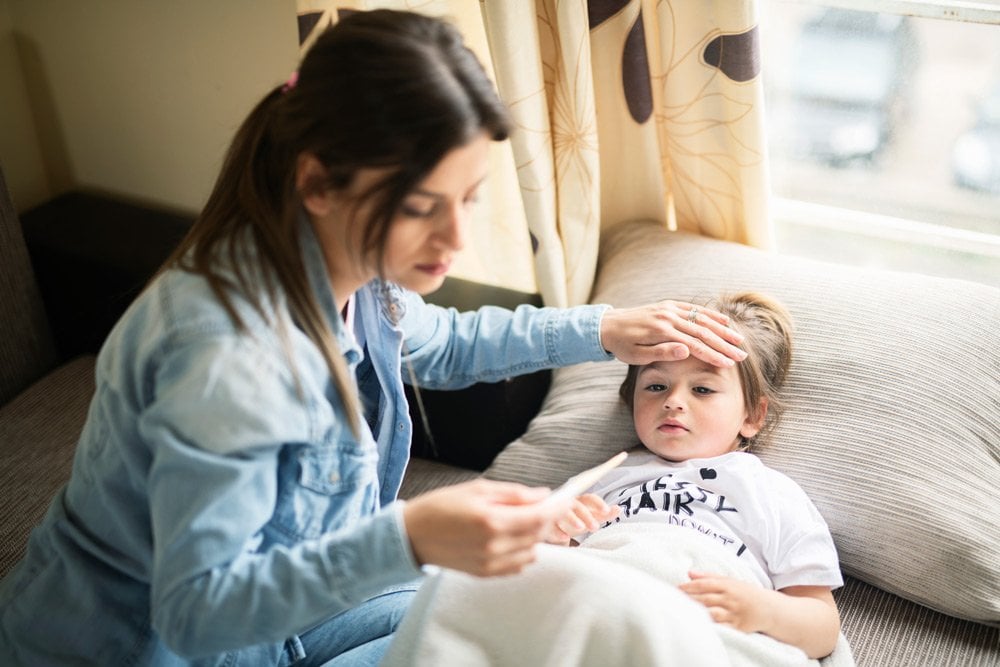How Can I Help My Child Stay Healthy During Cold and Flu Season?
 If you're a parent or caregiver, it can be hard to watch your child suffer from an illness during cold and flu season. It might seem like your child is always getting sick because their immunity is still developing. If you are worried about your child falling ill this fall, there are some steps you can take to help minimize their risk of infection.
If you're a parent or caregiver, it can be hard to watch your child suffer from an illness during cold and flu season. It might seem like your child is always getting sick because their immunity is still developing. If you are worried about your child falling ill this fall, there are some steps you can take to help minimize their risk of infection.
- Encourage them to wash their hands frequently. According to the Centers for Disease Control and Prevention, frequent handwashing can prevent 1 in 5 respiratory illnesses. When hands aren't properly sanitized, germs can easily spread by way of contact with the eyes, nose, and mouth. Wash hands anytime you blow your nose, use the bathroom, before eating food, and anytime you encounter frequently touched items like toys, books, door handles, keyboards, etc.
- Eat plenty of fruits and vegetables. Your child's immune system is still developing. Fueling their body with the right nutrition can help fight against illness.
- Stay active in the cold months. Getting your blood pumping will not only make your child feel good, but it'll also help fight against infection.
- Don't share. When it comes to personal items such as water bottles, headphones, cell phones, etc. it's best not to share these items as they can help spread germs from person to person.
- Practice healthy habits and routines. The CDC recommends getting a good night's sleep and staying hydrated to protect against cold and flu viruses.
- Keep a clean space. Whether that's at home or in the classroom, it's important to routinely sanitize surfaces and frequently touched objects. Find out your child's classroom policy on sanitation and disinfecting common areas.
- Stay informed. You should know your child's school's policy on what happens if there is a cold/flu outbreak.
- Get vaccinated. The CDC recommends everyone ages 6 months and older be vaccinated for the flu and COVID-19. The vaccines create antibodies that will help add extra protection against illness.
If you have questions about how to protect your child during cold and flu season, make an appointment to speak with your child's primary care provider.